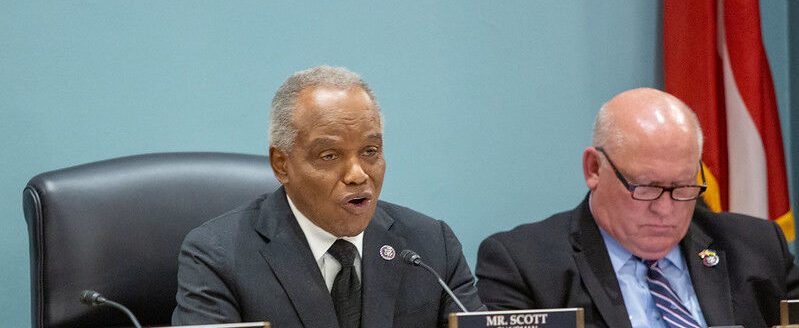While many organizations have applauded a new United States-Mexico-Canada Agreement on trade, the leader of one beef organization who has been critical of the North American Free Trade Agreement says its replacement could also continue to harm producers.
On Jan. 29, President Donald Trump signed the USMCA, which is expected to replace NAFTA once Canada finalizes it.
The new USMCA, however, makes no changes in the trade of cattle and beef, even though the U.S. cattle industry is the largest segment of American agriculture and the combination of cattle and beef are the leading agricultural import from Canada and Mexico, according to a news release issued by Bill Bullard, Billings, Montana, CEO of R-CALF USA.
R-CALF USA has urged Trump to modernize the cattle and beef trade in the USMCA to enable America’s cattle farmers and ranchers to compete against the growing volumes of cattle and beef imports from Canada and Mexico, which are direct product substitutes for American cattle and beef products, Bullard said.
The group specifically asked Trump to include a mandatory Country-of-Origin Labeling requirement in the USMCA to require all beef sold at retail stores to bear a consumer label disclosing the countries from where the beef animal had been born, raised and slaughtered, Bullard stated.
Mike Schultz, a cow-calf producer from Brewster, Kansas, said NAFTA has hurt cow-calf and independent feedlot operators, and benefited multi-national companies at the expense of farmers and ranchers in all three countries.
He has also championed mandatory COOL as a tool to help beef producers and said when the World Trade Organization rejected it the action also prevented pertinent facts from producers in all three countries to be presented and that would have made a difference to arbiters. Schultz is chairman of the COOL committee for R-CALF.
Schultz, on a personal basis, has supported the efforts of Trump to modernize trade agreements and believes the U.S. is the world’s No. 1 economy and agreements have to be centered on that principle.
“In the bigger picture my concern is we are entering into a 16-year agreement and that is a long time,” Schultz said. “We need a USMCA that works but we also a need a way to arbitrate when it causes inequities to producers in any of the three countries.”
Bullard said consumers value U.S. beef.
“America’s cattle producers cannot compete even in their home market while imported cattle and beef remain indistinguishable from beef produced exclusively from cattle born and raised on America’s farms and ranches,” Bullard said.
R-CALF USA tied its USMCA request to Trump’s 2017 Buy American Hire American Executive Order, explaining that Americans cannot choose to buy American beef without a label disclosing which beef is American and which beef is imported.
But, while R-CALF USA argued America’s cattle farmers and ranchers will continue to be harmed, representatives of the concentrated beef packing industry argued that disclosing the origins of beef to consumers would hurt their profits.
While the U.S. annually exports almost $2 billion in cattle and beef to Canada and Mexico, the economic benefits from those U.S. exports are overwhelmed because the U.S. annually imports over $4 billion of the very same commodities—cattle and beef, from Canada and Mexico, Bullard said.
Trade agreements are touted as victories, Schultz said, but he also shares his frustrations when he is told they will be good for him.
“Show me any producer who has captured an additional penny that is paid directly to them from a multi-national company as a result of a global agreement,” he said.
According to Bullard, the ongoing, unabated negative trade balance is causing the U.S. cattle industry to shrink, which is putting a severe strain on rural America. He said the group must now rely on Congress to pass legislation to fix what he calls the glaring deficiency in the USMCA.
“We will now go to Congress for help in mitigating the harm the USMCA will continue to cause Rural America by seeking legislation to require Mandatory Country-of-Origin Labeling for all beef sold in America,” Bullard said.
Dave Bergmeier can be reached at 620-227-1822 or [email protected].



